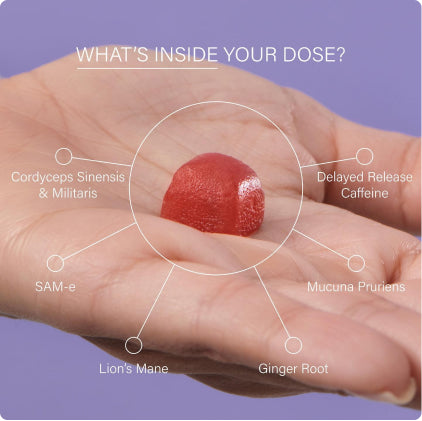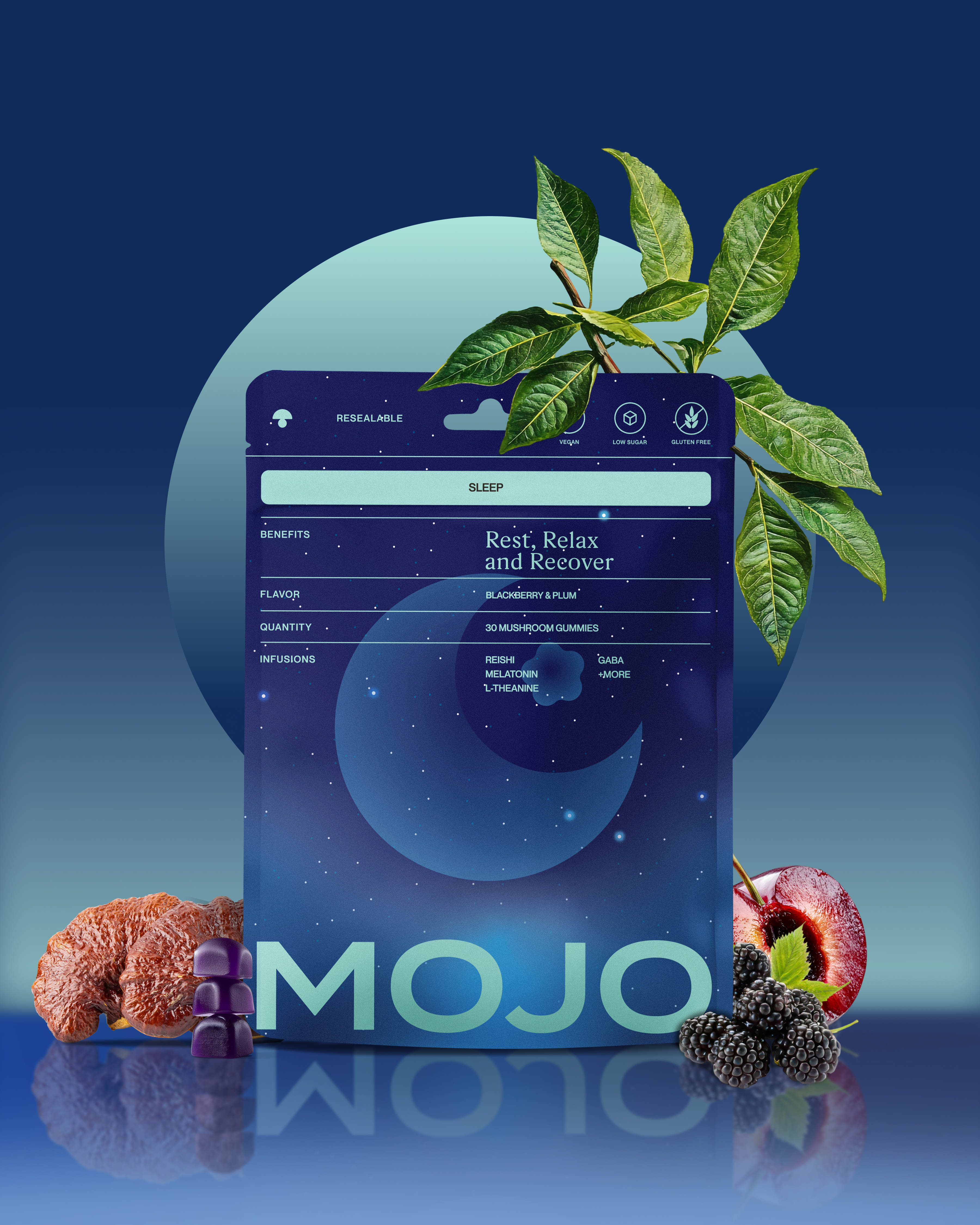What is Mental Acuity?
Mental acuity is the ability of the brain to process information quickly and accurately, especially when it comes to complex or challenging tasks.
It involves cognitive functions such as memory, attention, perception, and reasoning, and can be influenced by factors such as age, health, lifestyle, and environment.
Mental acuity can be broken down into four general areas that influence our overall sharpness.
Information processing
This is a crucial since the way your brain processes, stores, and uses information influences every choice you make.
Memory
Your capacity for processing information affects your capacity for memory. Your brain must be able to distinguish between important knowledge and items it may easily forget. Although our memories are infamously prone to error, we may strengthen them by taking care of our mental health.
Attention
What we consider to be attention is determined by our capacity to pay attention to a task while taking inbound stimulus. Some people are better at focusing their attention and ignoring outside distractions by narrowing their concentration.
Meditation and other practise techniques might help you pay more attention and concentrate. Poor task performance can result from multitasking, or attempting to focus on two or more activities at once. It is debatable if it is even feasible to focus our whole attention on two things at once.
Situational Judgement
How effectively we function in our daily lives is largely determined by the judgements we make based on our best judgement in various scenarios. A vital skill that some people are more adept at than others is choosing the optimal actions to take in order to achieve desired results. In situations where every second counts, situational judgement is extremely crucial.
This are the fundamentals to consider. Maintaining these faculties - our mental acuity - is critical for quality of life.
What happens to Mental Acuity as we age?
It is generally true that mental acuity, or the ability of the brain to process information quickly and accurately, tends to decline with age.
This decline can vary depending on the individual and can be influenced by a number of factors such as genetics, lifestyle, environment, and overall health:
-
Age: As individuals age, their brains undergo natural changes that can lead to a decline in cognitive function and mental acuity.
-
Health conditions: Certain health conditions, such as Alzheimer's disease, dementia, and stroke, can have a negative impact on cognitive function and mental acuity.
-
Lifestyle factors: Unhealthy lifestyle factors such as poor diet, lack of exercise, excessive alcohol consumption, and chronic stress can contribute to cognitive decline and a decrease in mental acuity.
-
Sleep: lack of quality sleep can have a negative impact on mental acuity. Research has shown that sleep is critical for both physical and mental health, and that lack of sleep can lead to cognitive decline and a decrease in mental acuity. When we sleep, our brains are able to process and consolidate information from the day, which helps improve memory and overall cognitive function. Conversely, when we don't get enough sleep, our cognitive function can suffer, leading to difficulties with attention, memory, and decision-making.
-
Environmental factors: Exposure to environmental toxins, such as lead or pesticides, can also have a negative impact on cognitive function and mental acuity. Access to poor quality sunlight, air, and water can also lead to mental degeneration.
-
Genetics: Certain genetic factors may also contribute to a decline in mental acuity over time.
Essentially, the mind gets weaker as we get older, and while some of these factors may be out of an individual's control, there are steps that can be taken to maintain and even improve mental acuity.
Why? What are the benefits?
-
Improved cognitive function: Maintaining mental acuity can help improve cognitive functions such as memory, attention, perception, and reasoning.
-
Better quality of life: Staying mentally sharp can help improve overall quality of life, including mental and physical health, social interactions, and independence.
-
Reduced risk of cognitive decline: Research has shown that engaging in activities that challenge the brain can help reduce the risk of cognitive decline, such as dementia and Alzheimer's disease.
-
Improved productivity: Being mentally sharp can improve productivity in both personal and professional settings, allowing individuals to better focus and accomplish tasks efficiently.
-
Increased creativity: Challenging the brain with new and stimulating activities can also help foster creativity and innovation.
-
Enhanced problem-solving skills: Mental sharpness can help improve problem-solving skills, allowing individuals to better navigate complex situations and make informed decisions.
Thats why you need to focus on staying mentally sharp. Its key to quality of life.
So now you know why, next up is how...below, our list of five ways to sharpen your mind
How to stay mentally sharp
Research has also shown that it is possible to maintain and even improve mental acuity through activities such as regular exercise, challenging the brain with new and stimulating activities, getting enough sleep, eating a healthy diet, staying socially active, managing stress, and staying mentally active.
Here are some tips and techniques to assist you in maintaining your mental acuity:
-
Regular Exercise: Exercise improves both physical and mental health. Studies have shown that exercise can enhance cognitive function, memory, and attention.
-
Challenge Your Brain: Keep your mind engaged by trying new, stimulating activities. Learning a new language, playing a musical instrument, or completing crossword puzzles are all beneficial. By doing so, you are creating new neural pathways in your brain, which can improve cognitive function.
-
Get Enough Sleep: Sleep is critical for both physical and mental health. Research indicates that lack of sleep can have negative effects on cognitive function, memory, and attention. Aim for 7-8 hours of sleep per night.
-
Healthy Diet: A healthy diet helps to enhance cognitive function and prevent cognitive decline. Include foods rich in antioxidants, such as blueberries and dark chocolate, as well as omega-3 fatty acids found in fish, nuts, and seeds. There is some evidence to suggest that eating a low-carb diet may have benefits for mental acuity, particularly in the short term. Research has shown that low-carb diets can help improve cognitive function, including memory and attention, in some individuals. This is thought to be due to the fact that low-carb diets can help stabilize blood sugar levels, which can have a positive impact on brain function.
-
Social Activity: Social interaction is important for mental health. Research shows that social isolation can increase the risk of cognitive decline. Stay connected with friends and family, and engage in social activities.
-
Manage Stress: Chronic stress has adverse effects on mental health, including cognitive decline. Try relaxation techniques, such as deep breathing or meditation, to manage stress.
-
Stay Mentally Active: It's important to exercise your brain regularly, just like physical exercise. Reading, playing games, or solving puzzles are all ways to keep your mind active and maintain cognitive function.
-
Daily Meditation: Research has shown that regular meditation practice can have a positive impact on cognitive function, including attention, memory, and executive function. This is thought to be due to the fact that meditation can help reduce stress and anxiety, which can interfere with cognitive function. Additionally, some studies have suggested that meditation can help improve the structure and function of the brain, including the prefrontal cortex, which is involved in executive function and decision-making.
-
Introduce some natural herbs, botanicals and nootropics into your daily regimen - many natural ingredients are proven to affect mental acuity positively, for example: caffeine, ginseng, fish oils, L-Theanine, lions mane and Cordyceps.
Often stacking several of these substances together works best to achieve the optimal outcome. Gathering all these up individually and getting the dosing right can be a challenge. Thats why we created Mojo.
Our team reverse-engineered a proprietary blend of functional mushrooms, herbs, adaptogens and roots that can increase mental clarity, energy, productivity whilst combating brain fog and cognitive decline.
Mojo gummies are the result of over a decade of research and development by our Chief Science Officer, Daniel Sanders. Born from the need for a study aid and brain support that was safer than questionable stimulants on the market, the Mojo formula took shape as a well-balanced composition of bioactive ingredients, designed to induce a flow state.
If you want to try Mojo, you can use the following code for 15% off: WELCOME15
Table of contents









